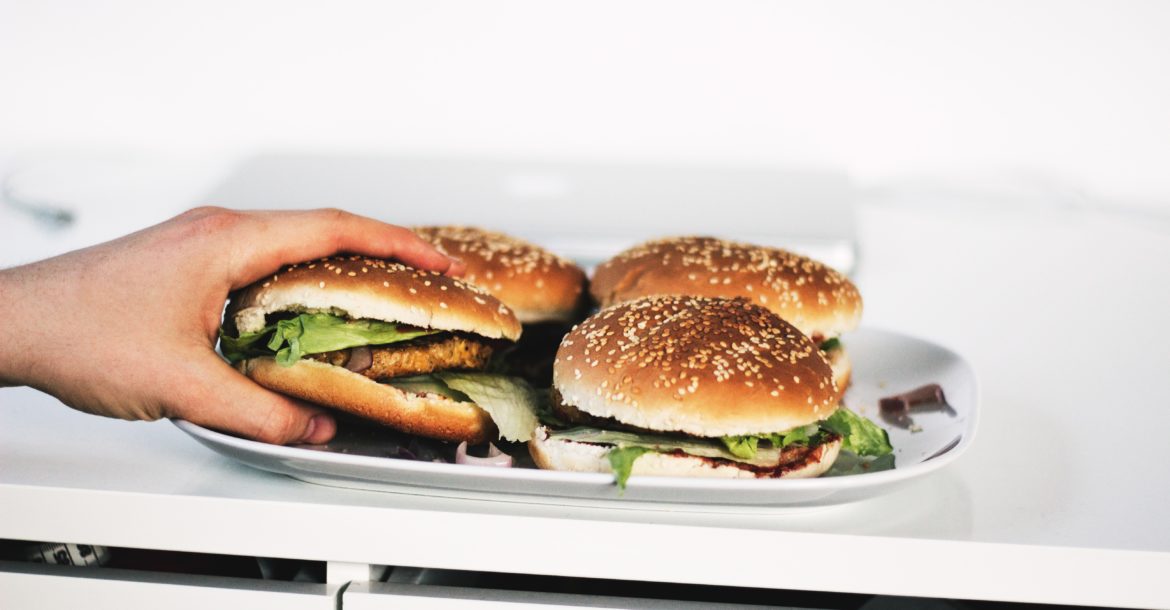MUSCAT: Oman is planning to levy tax on sugar and fast food, according to a high-ranking official at Ministry of Health (MOH).
According to Dr. Ali bin Talib Al Hinai, Undersecretary of MOH said the ministry has proposed to impose tax on sugar and fast food that will help to generate an annual revenue of OMR 80 million to OMR 100 million. “As you know about our plan to establish a Medical City and we will be soon creating a financial arm called Health Fund. This fund (tax money from sugar and fast food) will be used as an investment arm to aid the Medical City and will also be used to improve the health sector in general. We (MOH) have requested taxes on sugar and fast food,” Al Hinai said in a query to Arabic daily Al Shabiba.
Al Hinai, however, said that the Medical City will be funded in multiple ways including taxes that will be generated on substances that are harmful to a person’s health. “Such as
as tobacco, alcohol, fast food, in addition to fees for health services.”
Read More
- In Oman, even the night feels safe as 94% say they walk without fear
- Industrial cooperation tops agenda at 55th GCC Committee meeting in Kuwait
- Azerbaijani Embassy headquarters inaugurated in Muscat
- Al Sunaynah cultivates RO 23 million in food projects by 2025 boosting Oman’s food security
- His Majesty the Sultan ratifies Oman–Syria air transport agreement
From the taxes, the government will generate a revenue of OMR 10.2 billion in 10-years.
Focus on public health
Early in June this year, Oman imposed a mandatory 50% tax on alcohol and carbonated beverages and 100% tax on tobacco and energy drinks for six months. Companies that try to dodge the tax could face fines as high as OMR20,000, as well as a three-year jail sentence.
Sulaiman bin Salim Al Aadi, Director General of survey and tax agreements at the Secretariat General for Taxation had told reporters in June that the tax is meant to help public health. “The tax was imposed due to health and environmental impacts. It can help to fill the state coffers as well as to reduce the damage because of consumption of these items,” he said.
“After imposing such a tax, there will be a decline in the consumption of these items but later things will return to normal,” Al Aadi added.







